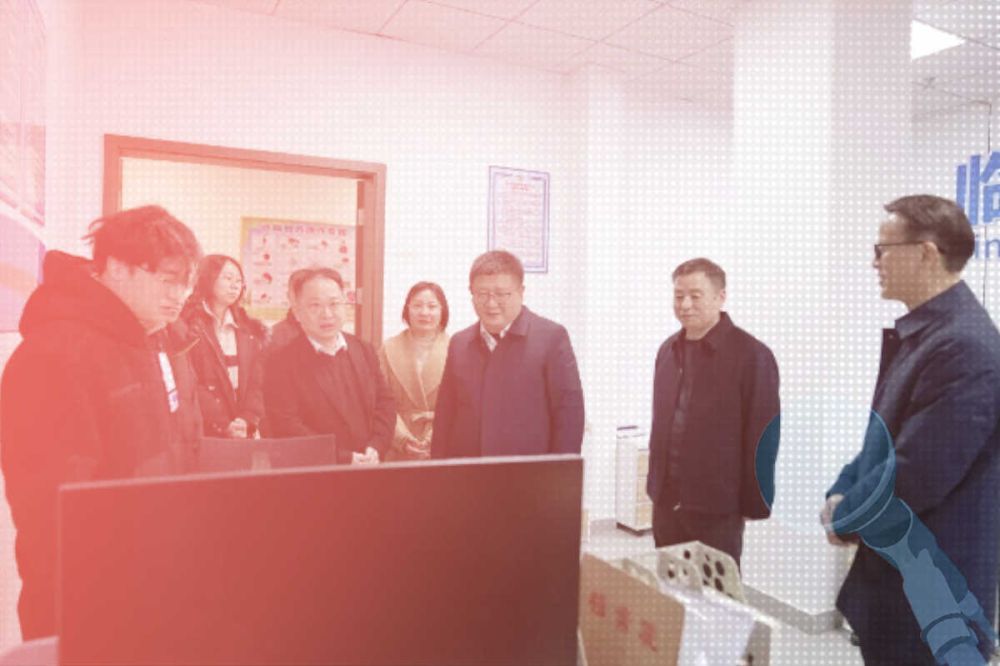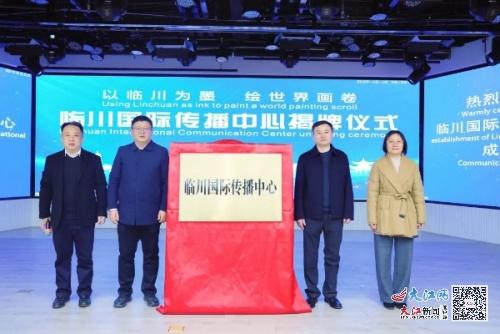
Perhaps you have never heard of cultural specialties like “Tea Opera” or the “Four Famous Dishes.” But if local government hype can be believed, these and other special attributes of Linchuan (临川), one of two districts in the coastal city of Fuzhou, could be coming to a social media account near you. This week, the district became the latest local administration in China to establish its own “international communication center” (国际传播中心), adding to a growing network of local-level propaganda hubs aimed at amplifying China’s voice on the global stage — often through accounts on major international social media platforms.
Attended by Fuzhou’s top Chinese Communist Party (CCP) official, Wu Yiwen (吴宜文), and its chief of propaganda, Liao Xiaoyong (廖晓勇), the center’s inauguration was billed in official media coverage as a significant shift in the area’s external propaganda strategy. Referencing the central leadership’s move over the past three years to strengthen global communication through local government and media participation, Wu Yiwen told those gathered at the launch event that the Linchuan ICC was “an important measure in thoroughly implementing General Secretary Xi Jinping’s key discourse on strengthening international communication capabilities.”
The Linchuan initiative mirrors similar moves across China, where local authorities have established dedicated international communication centers equipped with social media teams and foreign language expertise. The Linchuan center, said Wu, would have three key priorities: promoting local achievements in economic development, expanding overseas exchanges, and “accelerating our district’s external propaganda and promotion.”

The aim of this nationwide push is to leverage local resources and storytelling in the hope that this might present a more colorful and appealing picture of China to international audiences, moving beyond the one-dimensional messaging of central state media — for years the primary vehicle of efforts to raise China’s “discourse power,” which leaders say is critical in bolstering the country’s comprehensive national power (CNP).
But Linchuan’s reports of its redoubled efforts to seek global influence may just be more hype about hype. While the ICC launch trumpeted the district’s efforts in recent years to build what it called “a social media platform account matrix” (社交平台账号矩阵), our search turned up no related accounts on foreign social media channels.
In fact, Linchuan’s new ICC joins a growing list of local centers that speak more to domestic political priorities than international engagement. The brass plaque unveiled in official photographs may be the center’s most potent statement — a signal to Party superiors that local leaders have heeded Xi Jinping’s call.
Standing in the background as officials unveiled the glistening sign was the center’s motto: “Using Linchuan as ink to paint a world painting scroll.” Awkward in its phrasing, and indistinct in its meaning, the slogan reads like a cautionary note about the central-level policy by which Xi Jinping has hoped to sharpen the focus of external propaganda. In some cases, certainly, the leadership’s strategic push to leverage local resources for global influence might leave a lasting impression. In many more cases at the local level, however, it results only in ink blotches of bureaucratic self-congratulation.




















